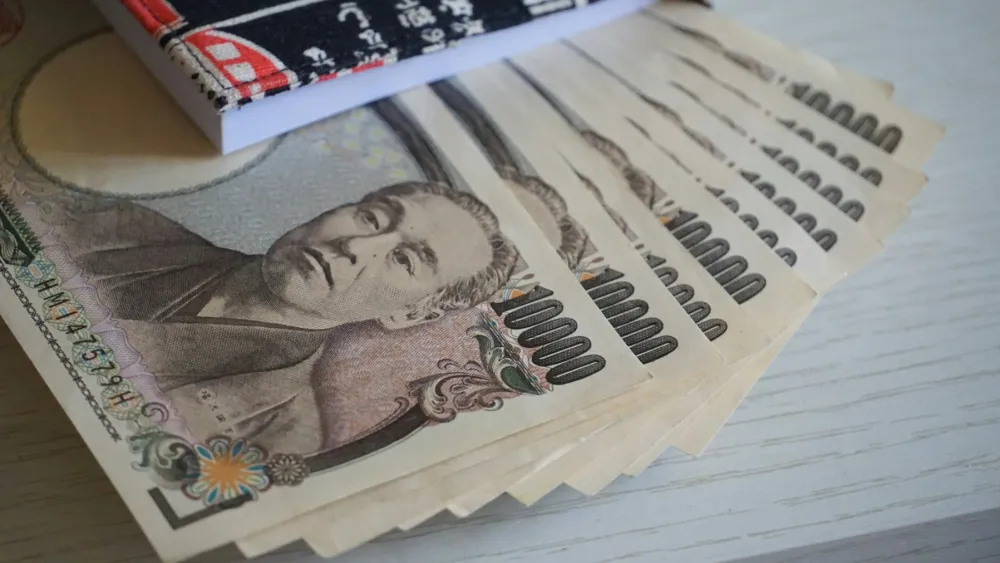
Australia central bank shocks market with record law cash rate cut
It follows other central bank surprises.
The Reserve Bank of Australia (RBA) recently surprised the markets by cutting the cash rate by 25bp to a record low of 2.25%.
According to a research note from Nomura, while its Australia interest rate strategist, Andrew Ticehurst, was one of the few who correctly predicted the cut, the RBA surprise follows a string of recent central bank surprises.
Nomura noted that this list includes the ECB (more aggressive QE), SNB (unexpected removal of CNF exchange rate floor), BOC (unexpected rate cut) and the MAS (inter-meeting announcement of a decrease in the slope of its S$NEER policy band).
There are two aspects of the RBA decision that are interesting from a global perspective, said Nomura. First, the RBA is one of the world’s most highly respected central banks – it’s prudent monetary policy has helped ensure that the Australian economy has not had a recession in 24 years – and its decision to cut rates sends a strong signal, given that RBA Governor Glenn Stevens said the following about forward guidance in a speech in Tasmania in July 2014:
“Long before any thought were to be given to an increase in rates, it would probably be sensible for the Board to cease references to a future ‘period of stability’ and revert to the more normal formulation that the stable policy settings ‘remained appropriate’, or something like that.”
The RBA today moved from its “period of stability” language to a rate cut in one fell swoop, essentially reneging on Governor Stevens’ earlier outline of probable forward guidance.
It would seem that the RBA Board concluded that the merits of a rate cut outweighed any possible loss of credibility it may face from that decision. In itself that makes the rate cut a significant decision, according to Nomura.
Second, the RBA decision probably provides some insight into the thinking of central bankers across the world, according to Nomura.
Considering that the Australian economy is heavily exposed to commodity prices, that the majority of its exports go to Asia, and that its currency has remained overvalued on most model estimates (including the RBA’s) because of the strong global quest for yield, the RBA’s decision to cut rates could be taken as a sign that global demand is softening and that the search for yield will remain strong – with both of which Nomura would concur.
Here's more from Nomura:
What does all this mean for monetary policy in Asia? In short, we expect more central banks to surprise with either the timing or size of any monetary policy easing. We have three main reasons for our view.
One, the steep decline in commodity prices and appreciation of Asia’s effective exchange rates have been powerful disinflationary forces. Thailand has recently joined Singapore in outright CPI deflation; Korea, excluding the one-off tobacco price hike, is very close to deflation, as is Taiwan. Most other countries are facing low-flation or steep declines in inflation (India and Indonesia).
Two, is evidence that China’s economy is once again losing momentum. Leading indicators suggest that the property market correction is deepening again and nd China’s official manufacturing PMI fell from 50.1 in December to 49.8 in January.
Third, Asian exports are showing signs of faltering. In China’s official PMI, the new export orders sub-component fell from 49.1 in December to 48.4 in January, while Korea – the first Asian country to release January trade data – recorded export growth of -0.4% y-o-y in January, which was in fact flattered by 1.5 extra working days than a year ago.
Adjusted for working days, we estimate that Korea’s export growth was -6.8% y-o-y in January, versus -0.7% in December.
With no inflation concerns, a China slowdown, faltering exports and currencies that have been appreciating in effective terms (because of the weaker euro and yen), several Asian central banks should be contemplating whether to ease monetary policy further to shore up domestic demand and to lessen the potential for strong capital inflows that could drive Asia’s effective currencies even stronger once the ECB starts its QE.



















 Advertise
Advertise










